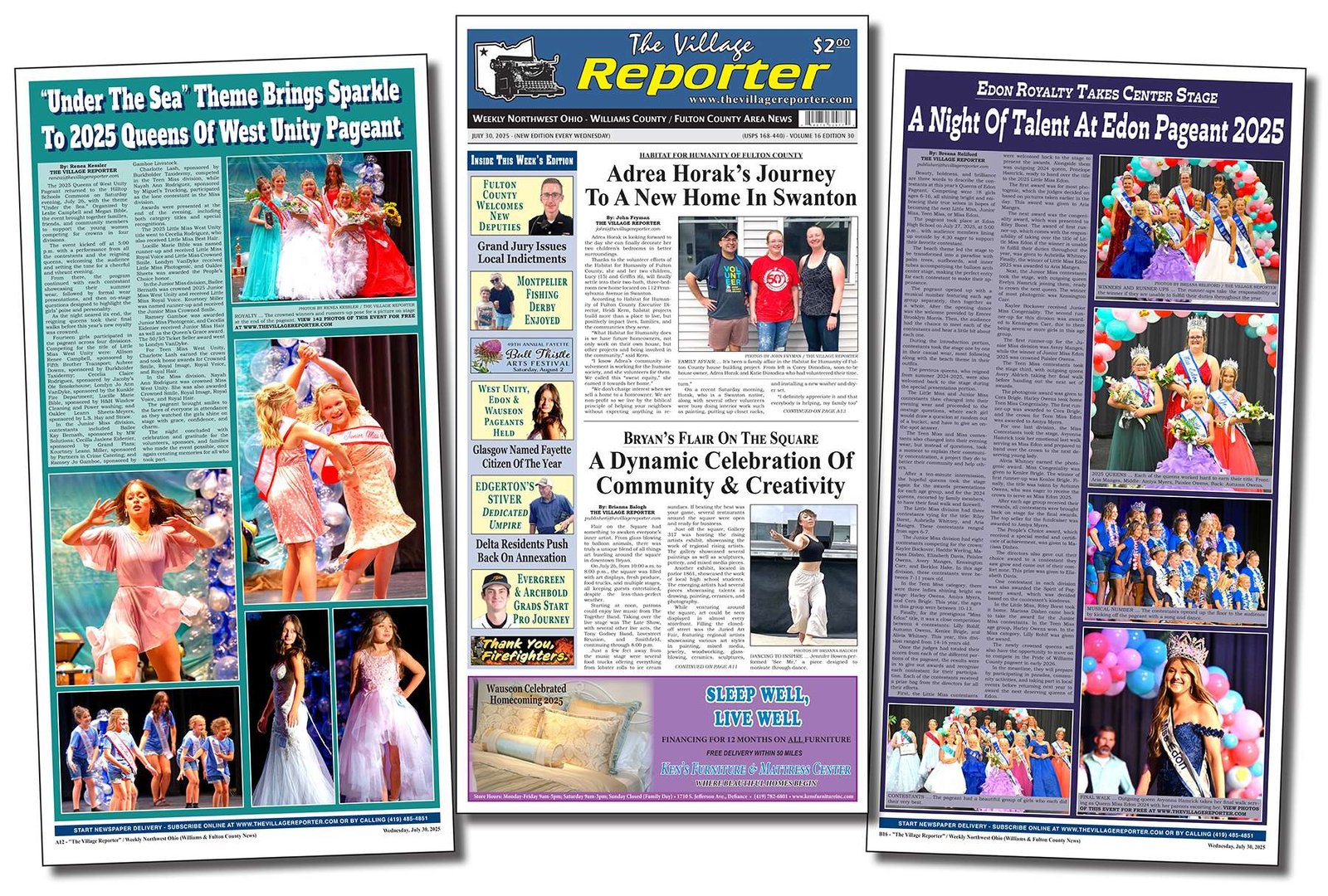
PRESS RELEASE – The Toledo Dystonia Zoo Day will be held at the Toledo Zoo in Toledo on Saturday, August 23, 2025, serving as a family-friendly event to bring visibility to a rare movement disorder called dystonia.
The event’s primary focus will be raising awareness and vital funds for research efforts conducted by the Dystonia Medical Research Foundation (DMRF).
Toledo is one of nine cities hosting a Dystonia Zoo Day in 2025, culminating in Dystonia Awareness Month in September and a Virtual YOU Day on Sept. 30.
Dystonia is a neurological movement disorder characterized by involuntary muscle contractions that cause twisting, repetitive movements or abnormal postures. It can affect any part of the body and can be extremely debilitating.
It is estimated that 250,000 Americans have dystonia, and up to 70% are misdiagnosed. The Toledo Dystonia Zoo Day provides a platform for people affected by dystonia to come together, share their experiences, and garner support from the wider community.
The co-organizers of this event, Kristin Cinglie and Karen Eisel, have been impacted by dystonia in different ways.
Kristin, who organized the first Zoo Day event in Toledo in 2019, experienced several years of dystonia symptoms before being formally diagnosed in 2012 at the age of 36.
“I was working as an engineer, raising my young son and trying to find balance in the chaos that was our life at that time.” Kristin recalled.
“Running was my outlet. It cleared my mind, reduced my stress and helped me to keep things in perspective. It was also the way that I learned I had dystonia. I was training for a half marathon, and the training wasn’t going well.”
“I would have runs where I couldn’t keep my shoulders down due to muscle tightness, or I would get a terrible cramp in my left leg. It was sporadic at first, but the more I tried to run the more often and intense the muscle issues became.”
“Eventually, the muscles in my neck and shoulders were so tight that my head tilted significantly to the left and stayed there.”
After Kristin’s diagnosis, she started taking oral medications and botulinum neurotoxin injections to treat dystonia, but her condition progressed to the point that Kristin was using a cane and faced the possibility of life in a wheelchair.
Five years ago, Kristin had deep brain stimulation (DBS) surgery, a procedure where tiny electrodes are implanted in specific areas of the brain to deliver electrical impulses to help manage symptoms of neurological disorders.
While DBS has significantly improved Kristin’s mobility and she no longer uses a cane, her dystonia is still progressing, and she is hopeful that research funded by the DMRF can help her and others with this movement disorder.
“I am fortunate to have a great team of doctors, the support of my family and a connection with the DMRF that help me to stay positive.” Kristin explained.
“Dystonia can be very isolating, especially when you are first diagnosed. The DMRF provides opportunities, like Dystonia Zoo Days, where you can meet people that understand what you are going through.
Being part of the dystonia community and working with the DMRF has helped to give me purpose. Knowing that each event I am involved in helps to raise awareness and money for research that will improve treatment options and ultimately find a cure, gives me the strength to keep fighting.”
Karen’s 17-year-old son Zane will be speaking on behalf of his uncle and godfather John Eisel, who has lost the power of speech due to severe generalized dystonia.
Through his wife Kathy, John communicated how dystonia has impacted his life: “I was diagnosed with dystonia in 1989 at the age of 25. I was lucky to have been diagnosed by the first neurologist I saw who was familiar with dystonia and what it looked like.”
“Thirty-six years ago, someone with dystonia could go many years without being diagnosed correctly and getting the medical treatment they needed. “My dystonia started as slurred speech and issues with my tongue and jaw.”
“Over the years the dystonia progressed from my tongue and jaw to my neck, to my legs, and eventually my arms and hands. By 1996, I could no longer walk, and I have used a wheelchair full time ever since.”
“I’ve had over 30 years of botulinum neurotoxin injections in my neck to help with the painful muscle spasms and for the last seven years I’ve had injections in my jaw and tongue. I’ve also had three DBS surgeries in 2000, 2007 and 2013.”
“While my DBS surgeries were unsuccessful, I’m thankful my doctors were able to perform the surgeries and for the research being done by the DMRF. My faith and family support have helped me through my dystonia journey.”
“The DMRF Zoo Day gives me the opportunity to see others with dystonia and how they cope. It also gives me hope that the research made possible by the generous donations to DMRF may one day find a cure and, in the meantime, help improve the treatment and support for the individuals and their families impacted by dystonia.”
Onsite registration for the Toledo Dystonia Zoo Day opens at 9:00 a.m. and the program begins at 10:00 a.m. Registration fees are $25 for adults and $15 for children 12 and under, and include zoo admission, refreshments, and an event T-shirt.
Registration can be completed in advance online at https://toledodystoniazooday.swell.gives/ About the Dystonia Medical Research Foundation: The Dystonia Medical Research Foundation (DMRF) is the leading dystonia patient advocacy organization.
Founded in 1976, the DMRF mission is to advance research toward improved treatments and a cure, promote education and awareness, and provide support resources to affected individuals and families.
The DMRF can be reached at www.dystonia-foundation.org or 800-377-DYST (3978).
